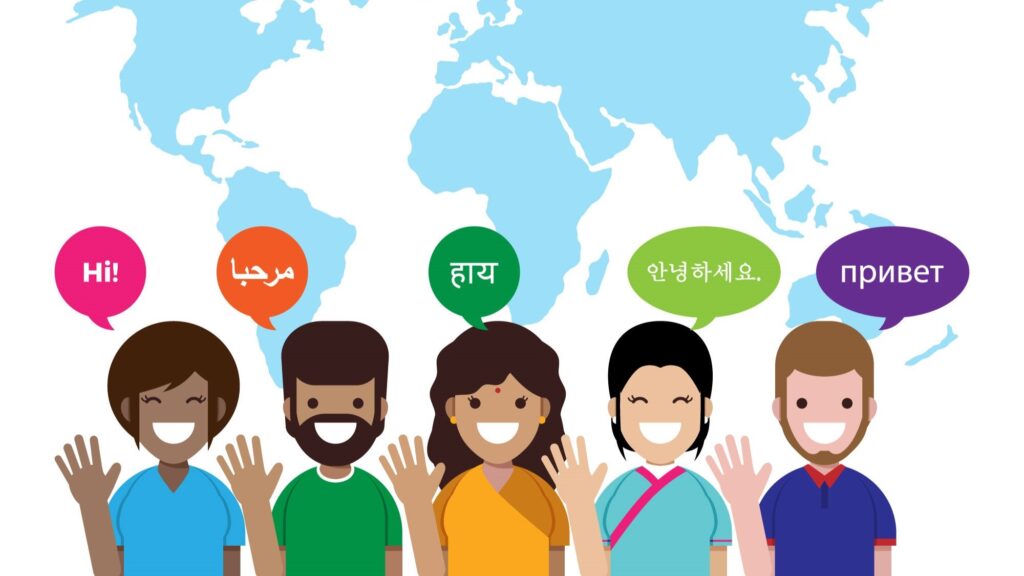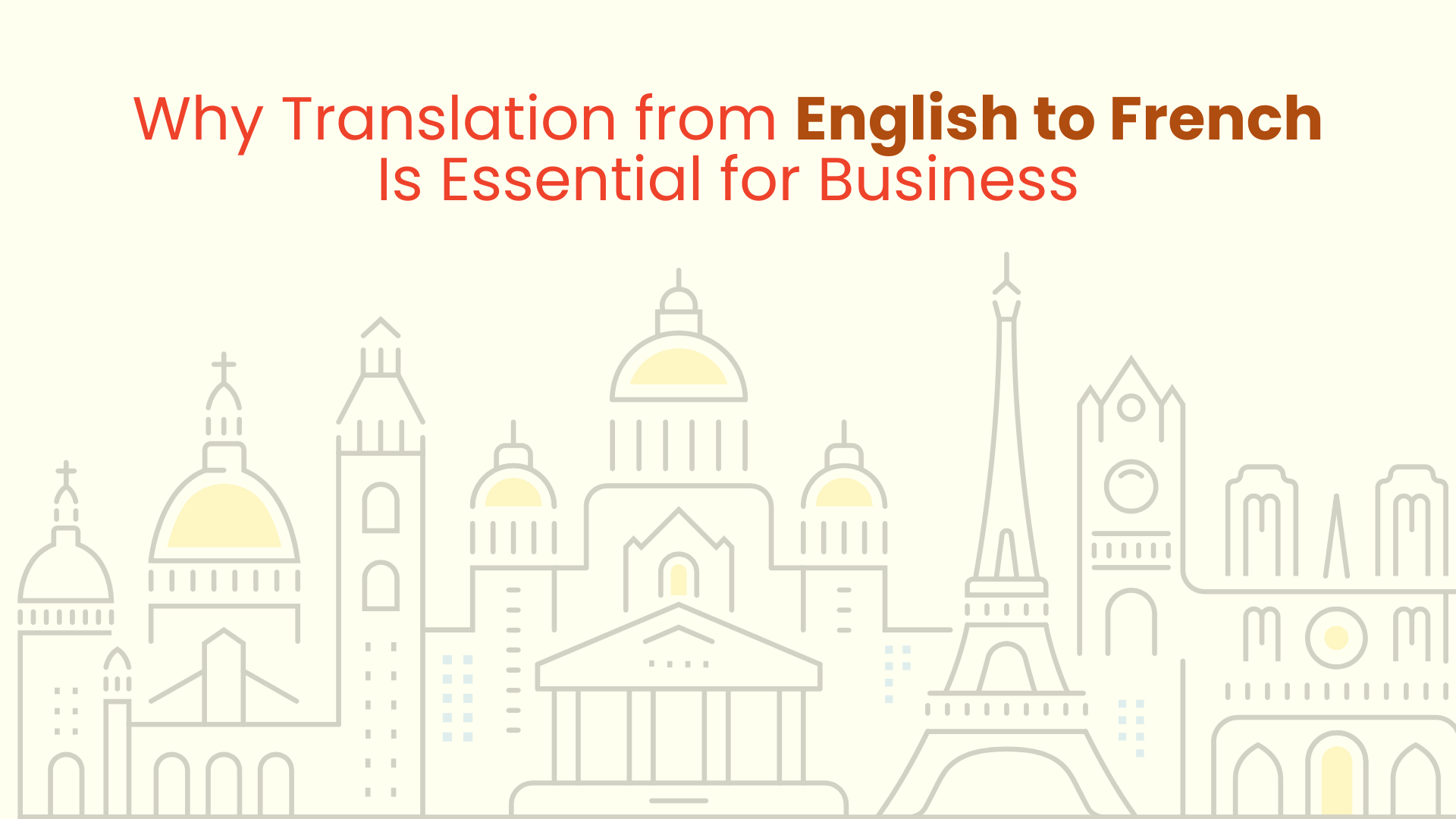
The global marketplace has never been more accessible, yet language barriers continue to present significant challenges for businesses seeking international expansion. While English remains the predominant language of global business, French stands as a powerful linguistic bridge to millions of potential customers, partners, and stakeholders worldwide. With over 300 million French speakers spread across five continents, investing in a professional English to French translation service opens doors to diverse and lucrative markets.
The importance of French translation extends far beyond simple communication. It represents a strategic investment in global business development, encompassing everything from legal compliance to marketing effectiveness. Industries ranging from luxury goods and fashion to technology, pharmaceuticals, and manufacturing have all discovered the competitive advantage that comes with professional French translation services.
Expanding Market Reach with French Translation

Businesses constantly seek new avenues for growth and expansion. One of the most effective strategies for tapping into international markets is through professional language translation, particularly from English to French. As companies look beyond their domestic borders, the ability to communicate effectively with French-speaking audiences through a trusted English to French translation service has become essential for sustainable business growth.
French holds the distinction of being an official language in 29 countries and is spoken on five continents, making it one of the most geographically diverse languages in the world. When businesses translate their content from English to French, they instantly gain access to markets in Europe, North America, and particularly in Africa, where French-speaking countries represent some of the fastest-growing economies globally.
France itself, with Europe’s second-largest economy, presents enormous opportunities for businesses in various sectors. Similarly, Quebec in Canada offers a distinct market with strong French-language regulations for businesses. Perhaps most significantly, French-speaking African nations like Côte d’Ivoire, Senegal, and Cameroon represent emerging markets with rapidly growing middle classes and increasing purchasing power.
Consider the case of American beauty brand Glossier, which saw a 40% increase in French market sales after investing in professionally translated website content and marketing materials. Similarly, Canadian tech firm Shopify experienced a 35% growth in French-speaking African markets after launching fully localized French versions of their e-commerce platform and support services.
Enhancing Brand Credibility and Customer Trust

When consumers encounter content in their native language, it significantly impacts their perception of a brand. Studies show that 75% of consumers prefer to buy products in their native language, and 60% rarely or never purchase from English-only websites. This underscores how English to French translation isn’t merely about facilitating understanding—it’s about building trust and credibility with French-speaking audiences.
Effective translation goes beyond literal word-for-word conversion. It requires cultural adaptation and localization to ensure content resonates with local sensibilities, humor, and cultural references. For instance, American insurance company AXA successfully penetrated the French market by adapting its messaging to align with French attitudes toward financial security and family protection, rather than directly translating their American marketing approach.
The fashion industry provides another compelling example. French luxury brands like Louis Vuitton and Chanel have long understood the importance of language in brand perception. Similarly, when American and British fashion retailers like Nordstrom and ASOS expanded into French-speaking markets, they invested heavily in nuanced French translations that preserved their brand voice while adapting to local fashion terminology and cultural context. This is why many global companies partner with specialists like VerboLabs, who combine cultural expertise with professional French translation to build authentic customer connections.
Meeting Legal and Compliance Requirements

In many French-speaking regions, particularly France and Quebec, language laws mandate the use of French in business communications, product packaging, and customer service. Quebec’s Charter of the French Language (Bill 101) specifically requires that businesses operate in French, including everything from signage to warranties and instruction manuals.
For industries like pharmaceuticals, finance, and manufacturing, accurate translation of legal and compliance documents is non-negotiable. Product labels, safety instructions, financial disclosures, and patient information leaflets must meet strict regulatory standards in the target language. The consequences of inaccurate translation can be severe, ranging from regulatory fines to product recalls and even legal liability.
A notable example is the case of a U.S. medical device manufacturer that faced significant penalties in France due to poorly translated safety instructions. The mistranslation of operational guidelines led to improper device usage and subsequent patient complications. This costly mistake underscores why professional translation services with industry-specific expertise are essential for businesses operating in French-speaking markets.
SEO and Digital Marketing Advantages
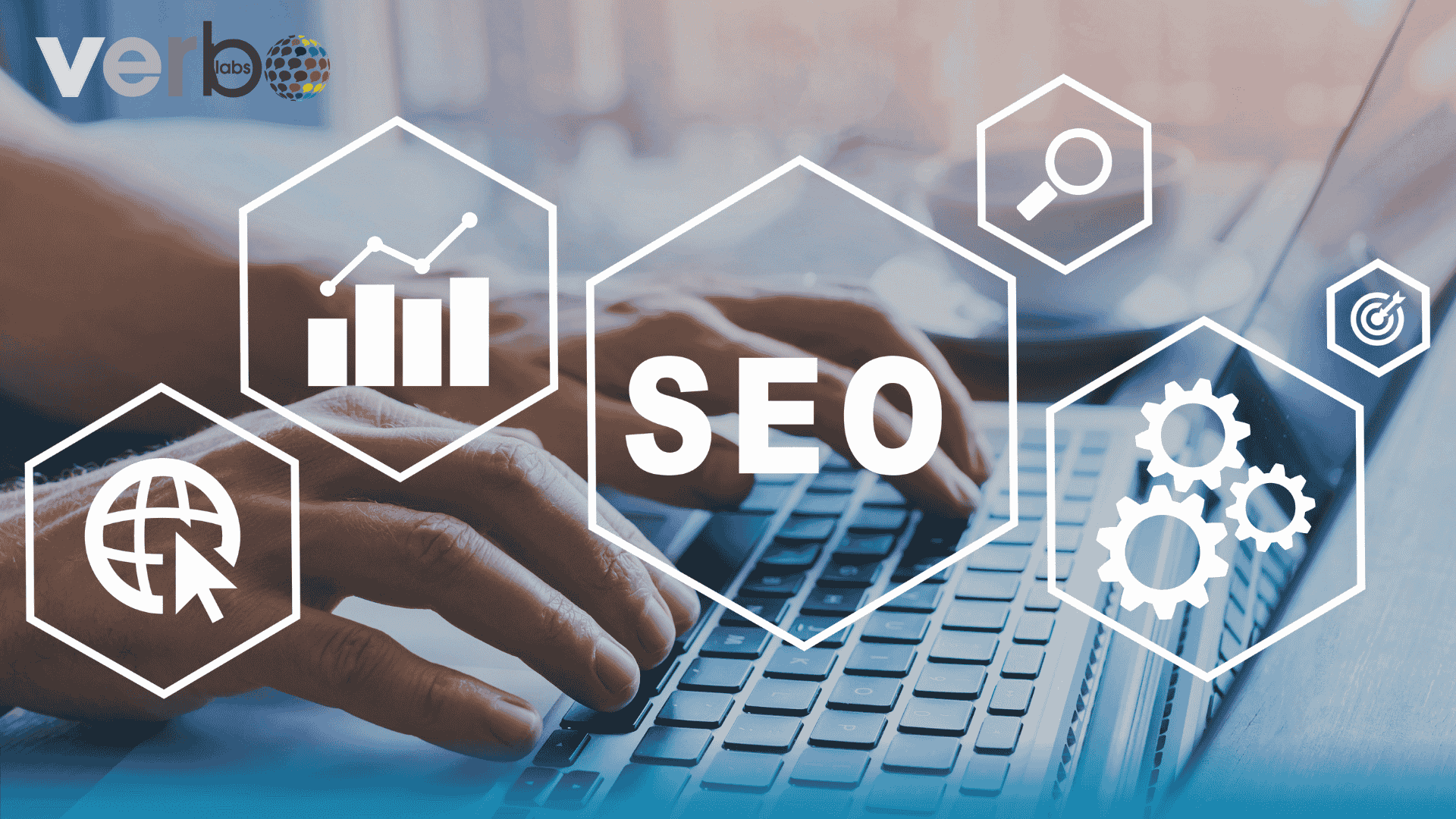
In the digital age, online visibility drives business success. Multilingual SEO strategy, including French-language optimization, dramatically increases a company’s digital footprint. When businesses translate their websites from English to French with proper SEO considerations, they significantly improve their search visibility in French-speaking markets.
Research shows that 88% of online consumers are less likely to return to a website after a bad language experience. Moreover, search engines like Google prioritize local language content when users search in their native language. A properly translated and localized French website can rank higher in French-language searches, driving organic traffic and improving conversion rates.
Canadian e-commerce company Lightspeed saw a 65% increase in French-language organic search traffic after implementing a comprehensive French SEO strategy alongside their translation efforts. This included research into French-specific keywords, adaptation of meta descriptions, and creation of locally relevant content that resonated with French-speaking customers.
Boosting Sales and Customer Engagement
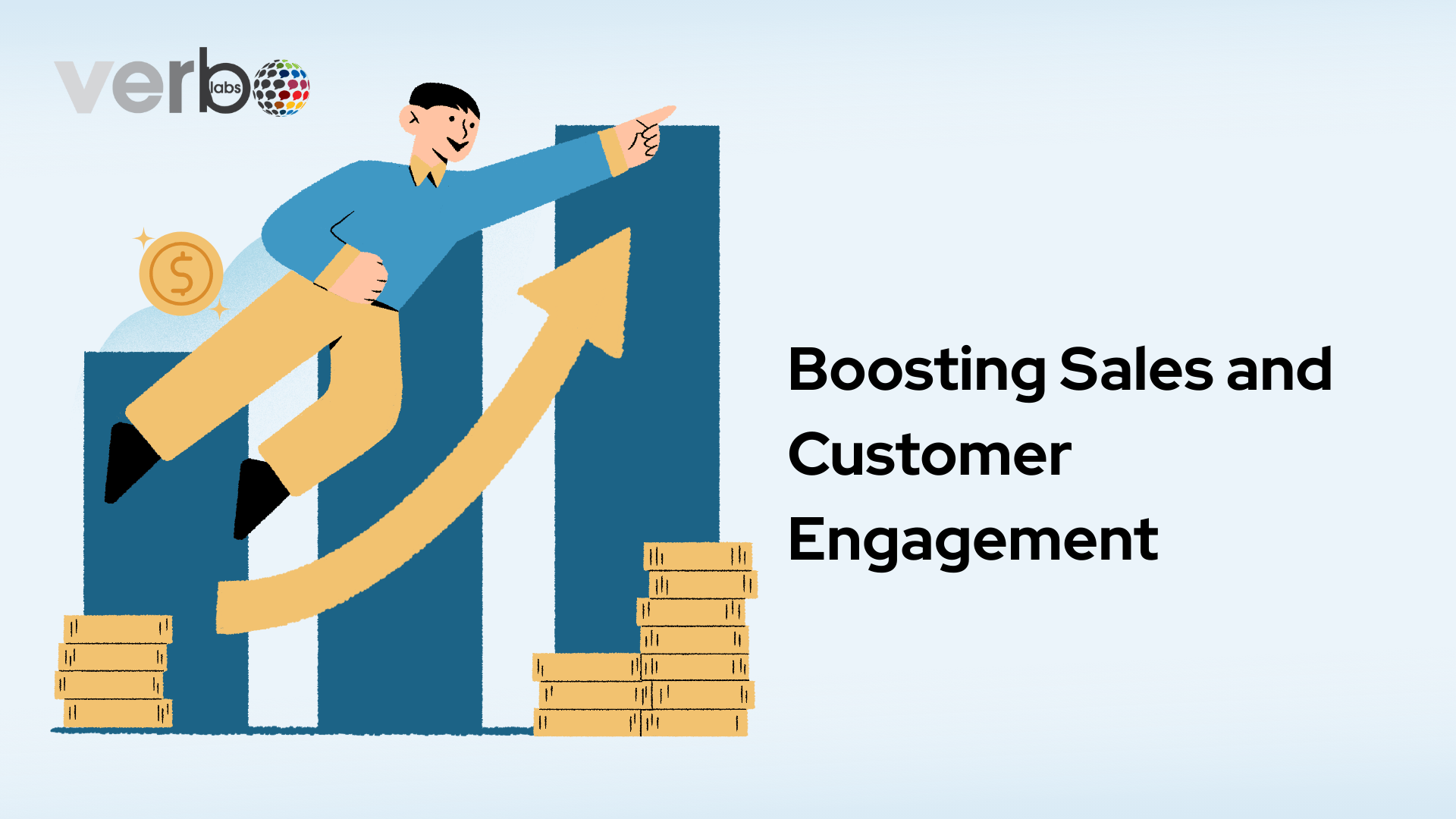
Perhaps the most compelling reason for English to French translation is its direct impact on sales and customer engagement. When product descriptions, marketing materials, and customer support resources are available in French, businesses see measurable improvements in conversion rates and customer satisfaction.
E-commerce platforms that offer French-language product descriptions report up to 70% higher conversion rates among French-speaking visitors compared to English-only listings. Similarly, customer support availability in French can reduce support ticket resolution times and improve overall customer satisfaction scores.
Social media and email marketing campaigns show particularly strong results when professionally translated. A study by HubSpot found that email marketing campaigns in the recipient’s native language achieved open rates 10-15% higher than English-only campaigns, with click-through rates showing even more dramatic improvements.
Why Professional French Translators Matter
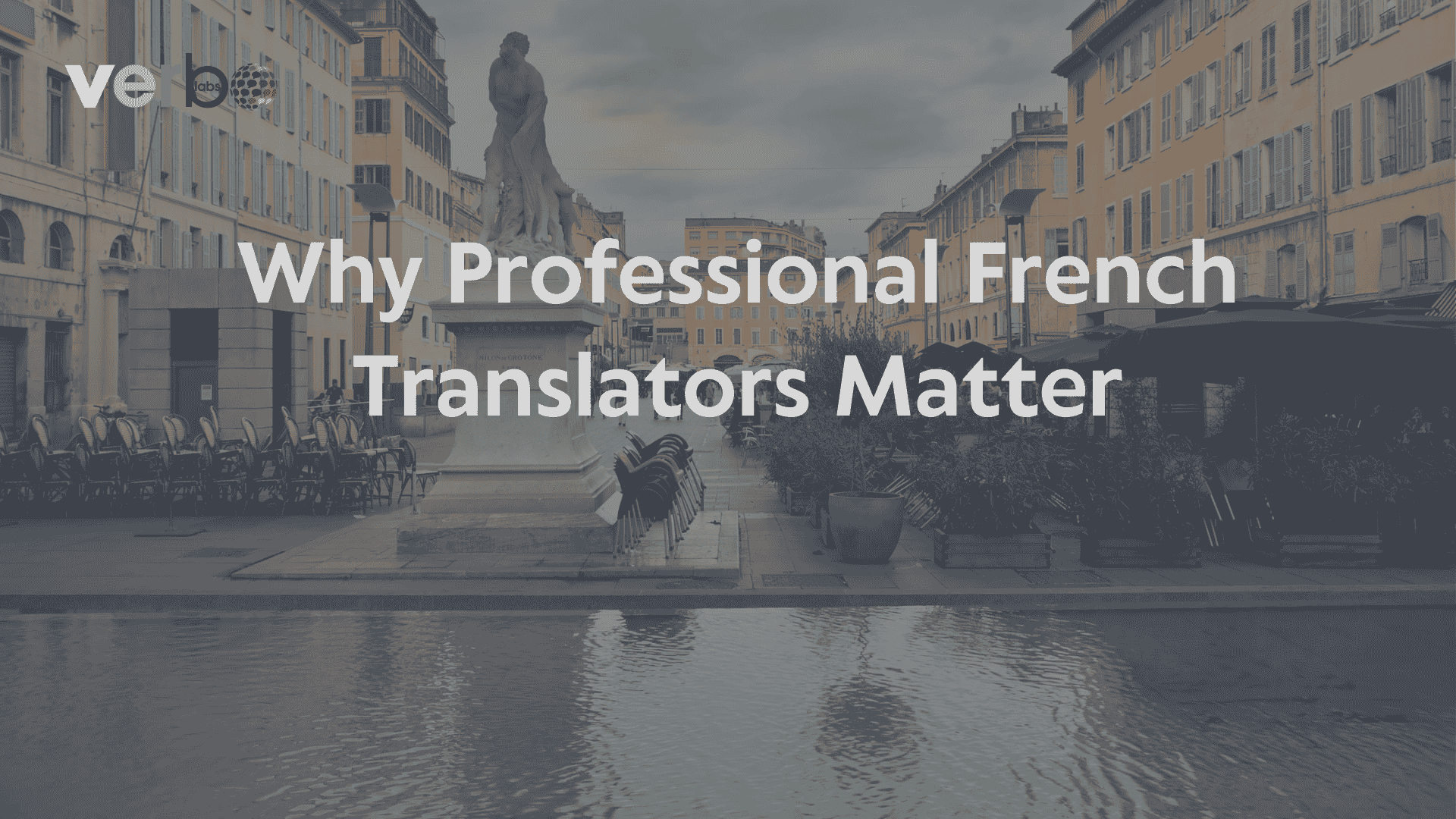
While machine translation tools have improved dramatically in recent years, they still fall short of human translation in nuance, cultural context, and industry-specific terminology. Professional French translators bring linguistic expertise, cultural knowledge, and subject matter familiarity that automated solutions cannot match.
The distinction becomes particularly important in high-stakes business contexts. Machine translation might suffice for basic internal communications, but marketing content, legal documents, and technical materials require professional human translators who understand both languages and the specific industry context.
The ideal translation partner brings together native French linguistic expertise with industry-specific knowledge and technological capabilities. Businesses should look for translation services that offer specialized expertise in their particular sector, whether it’s legal, medical, technical, or creative content.
Conclusion
As businesses continue to expand globally, professional translation from English to French represents not just a communication tool but a strategic business advantage. From accessing new markets to building customer trust, meeting legal requirements, and driving digital marketing success, French translation delivers measurable business benefits across multiple dimensions.
The investment in quality French translation services pays dividends in expanded market reach, enhanced brand perception, legal compliance, and ultimately, improved sales performance. As the global economy becomes increasingly interconnected, businesses that prioritize professional language translation position themselves for sustainable international growth.
For companies looking to capitalize on the opportunities presented by French-speaking markets worldwide, the path forward is clear: partner with professional translation services that understand your industry, your brand, and the cultural nuances of your target markets. The result will be a stronger international presence, improved customer relationships, and a competitive edge in the global marketplace. For companies looking to expand globally, the solution is clear: partner with VerboLabs for an expert English to French translation service that ensures accuracy, compliance, and market success.

Expand Globally with Expert English to French Translation – Partner with VerboLabs Today!


